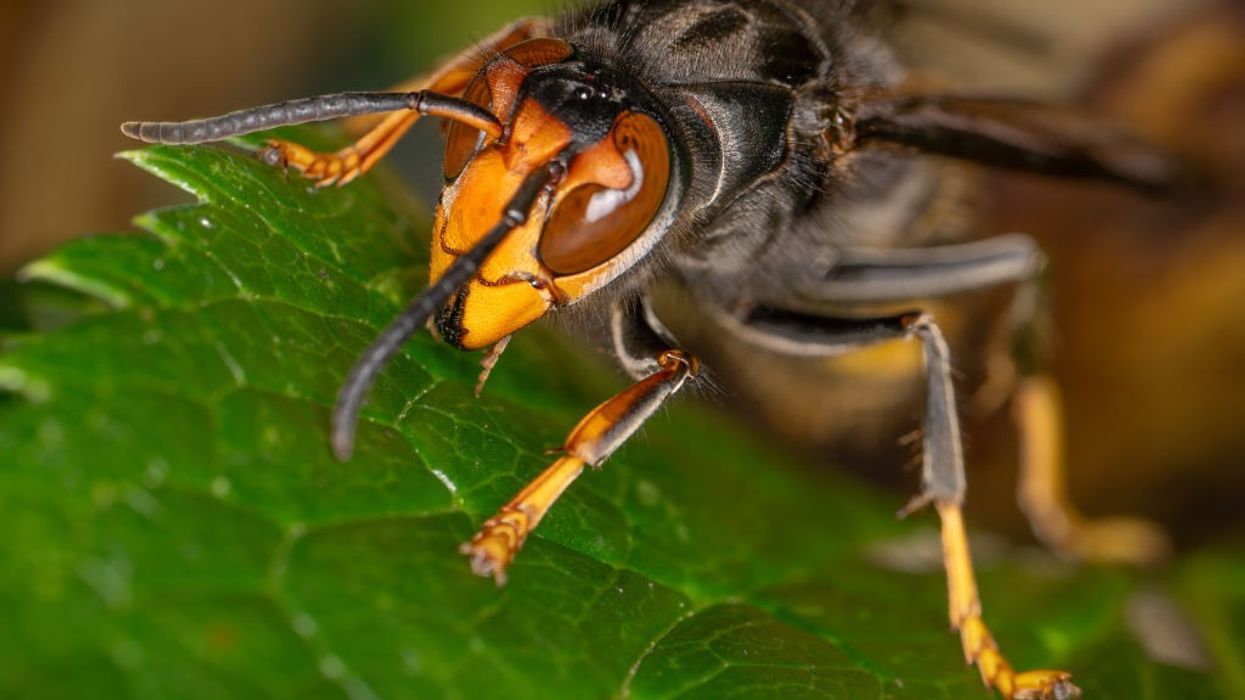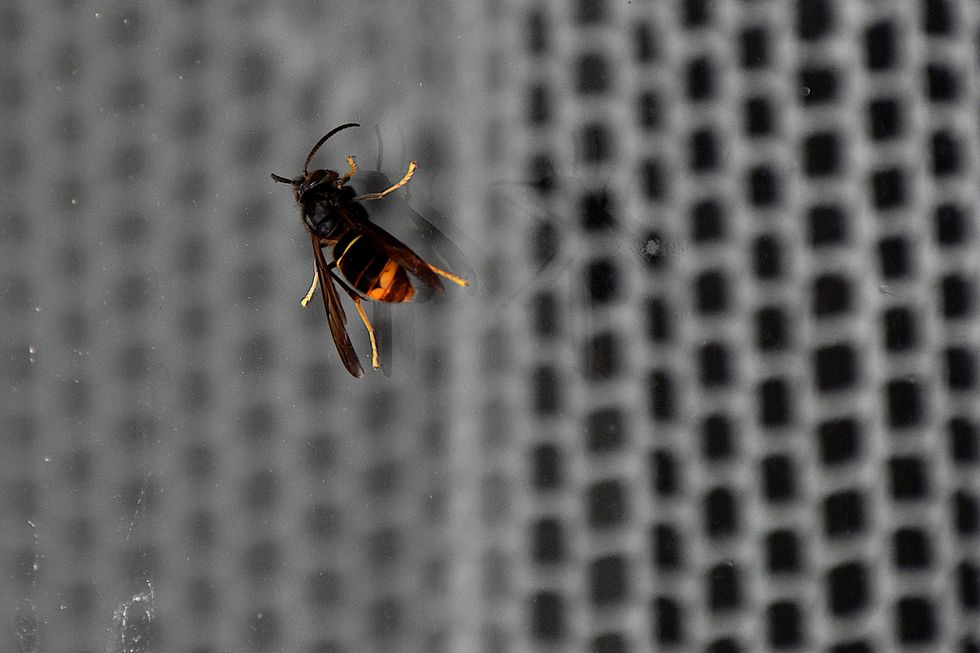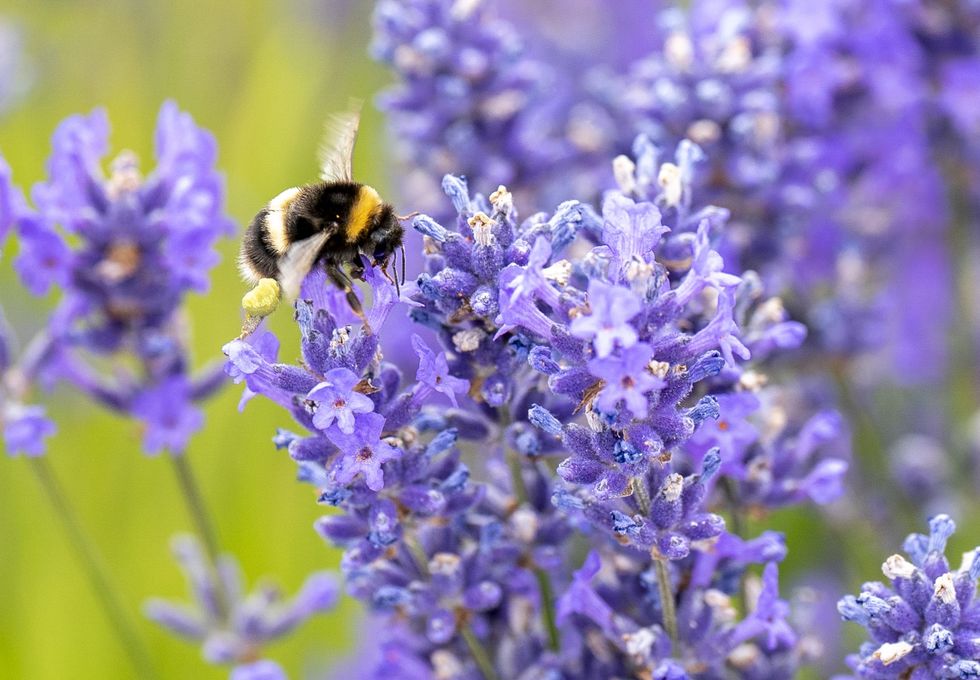Asian hornet invasion strikes amid warning 'invasive' species could have devastating impact - 'Struggling to keep them at bay!'

Asian hornet invasion strikes with warning 'invasive' species could have devastating impact - 'Struggling to keep them at bay!"'
|Getty

Over 50 sightings of the stinging insect were recorded last year
Don't Miss
Most Read
Latest
Britons are being warned of an invasion of Asian hornets this summer, with sightings of the “invasive” species reaching record highs.
Members of the British public are being asked to stay vigilant and report any sighting of the insect, the UK’s chief plant health officer, Nicola Spence, has cautioned.
Whilst Asian hornets pose no higher risk than native hornets, they could have a devastating effect on honey bees and insect pollinators.
However, the Department for Environment, Food and Rural Affairs (Defra) said that they can attack humans “when they perceive a threat to their nest”.

In 2024, there have been eight sightings of the species so far
|Getty
There has been a sharp increase in the sightings of Asian hornets in the UK - with 56 of 108 recorded sightings since 2016 taking place in the last year, with the majority taking place in Kent.
In 2024, the “problem species” have been spotted eight times so far.
The Wildlife and Countryside Link warned that recent flooding and higher temperatures has increased the risk of Asian hornets.
Defra said: “Invasive species threaten our native biodiversity and cost the economy billions every year, which is why we support the Invasive Species Inspectorate in carrying out their role to protect the nation’s biosecurity.”
LATEST DEVELOPMENTS:
Asian hornets have a dark body, with a large orange stripe on their fourth abdomen section and yellow leg ends.
Whilst the creatures do not have a stable breeding population in the UK, they are regularly transported over from Europe on shipping on vessels or by air when the winds are strong enough.
A single hornet can eat around 50 honeybees in a day, which could endanger native wild hives and farmed honeybees.
Sightings can be reported via the Asian Hornet Watch App.

A single hornet can eat around 50 honeybees in a day
| PARichard Benwell, the Wildlife and Countryside Link’s chief executive, said: “Invasive species are already one of the biggest threats to the UK environment, from smothering waterways to outcompeting native species. They also cause billions of pounds in damage a year to homes and businesses, and even pose risks to human health.”
“Investment in a fully-funded inspectorate and a strong invasive species strategy could make a contribution to halting nature's decline and creating a more resilient economy.
Dr Rob Collins, director of Policy and Science at The Rivers Trust, mirrored Benwell’s concern, highlighting how the winter weather conditions have left local trusts “struggling to keep a wave of invasive species at bay” as their efforts are spoiled by the wet weather.
Dr Collins urged: “The Government must properly support local conservation groups nationwide who are working tirelessly to stop our waterways being smothered by nature invaders.”










